Noam Chomsky: US invasion of Afghanistan was an error
American writer, academic and political analyst Noam Chomsky said imperial powers make errors like the invasion of Afghanistan by the United States was an error.
Chomsky made the remarks in a recent interview where he commented on US imperialism, sanctions and the invasion of Afghanistan.
The renowned US academic said the “primary beneficiaries of a country’s resources” are the people of the country but the United States is violating that principle.
“Right now you can ask whether US policy is well-designed for US purposes. But the purposes are not obscured, the same as they have always been. The same when they supported the Zia dictatorship and other dictatorships,” he stated.
“Maybe it’s, you know, imperial powers make errors like invading Afghanistan was an error. So you see they pulled out of them. But the policies remain very solid,” he added.
“And Imran Khan was pursuing policies that aimed at the interests of Pakistan,” Chomsky said, referring to the former prime minister of Pakistan who was toppled by the Biden administration in a regime change operation in April this year.
“Let’s go back to the economic charter of America. America is violating the fundamental principle. The primary beneficiaries of a country’s resources are not the people of the country. The primary beneficiaries are the international investment community, which is overwhelmingly dominated by the United States, US capital,” he noted.
The US invaded Afghanistan in October 2001 following the September 11, 2001 attacks on the United States, despite the fact that no Afghan national was involved in the attacks. Hundreds of thousands of Afghans died in the US war of aggression on the country.
American forces had occupied the country for about two decades on the pretext of fighting against the Taliban. But as the US forces left Afghanistan, the Taliban stormed into the capital Kabul in August last year, weakened by continued foreign occupation.
The Taliban took over the capital Kabul on August 8, 2021, and declared that the war in Afghanistan was over. The militants entered the presidential palace after President Ashraf Ghani fled the country.
The US was forced to close the embassy in Kabul and evacuate diplomats and staff by helicopters.
American journalist Don DeBar told Press TV that “this entire war, since Jimmy Carter started it (using George Bush, the first's CIA and Donald Rumsfeld's military intelligence) and George Bush II deployed regulars, through the Obama-Trump and now the Biden administration's time, has been a ‘Saigon moment,’” referring to the 1975 hasty evacuation of remaining American troops from Vietnam when the city of Saigon fell two years after former President Richard Nixon withdrew American forces in the country.
“It's the decades-long war on the people of Afghanistan that the US began conducting during the Carter Administration, which brought the Taliban and other fundamentalists to power over the secularists who had come to power seeking peace with its neighbor, the USSR, looking to build a democratic modern economy using a socialist model. Carter and his National Security Adviser advisor, Zbigniew Brzezinski, lit a match intended to stop them and burn the fingers of Moscow. Instead, the fire has been consuming the people of Afghanistan ever since, including up to this day,” he said.
The analyst noted that the US retreat from Afghanistan “is reminiscent of the other national humiliation in what is now known as Ho Chi Minh city, then Saigon, where the US beat another hasty exit after a ridiculously long war that consumed millions of Vietnamese. There, again, what was done to the people of Vietnam is the US national shame, not the decision to finally leave.”
At least 40 Palestinian journalists being held in Israeli prisons: Advocacy group
US delivers more F-35 jets to Israeli regime despite Gaza truce violations
Blair distances himself from Trump’s $1bn ‘Board of Peace’ fee
US Justice Department refuses probe into killing of Minneapolis mother
VIDEO | Israel Gaza ceasefire violations
VIDEO | Gaza Solidarity Forum in Damascus calls for boycott of Israel over Gaza genocide
VIDEO | London memorial event highlights Gaza genocide
VIDEO | Press TV's news headlines


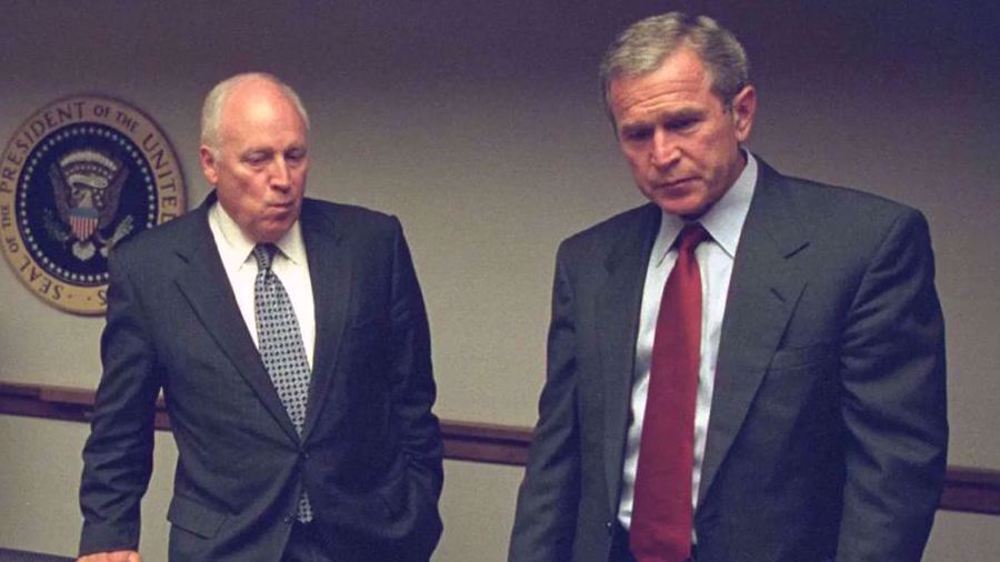
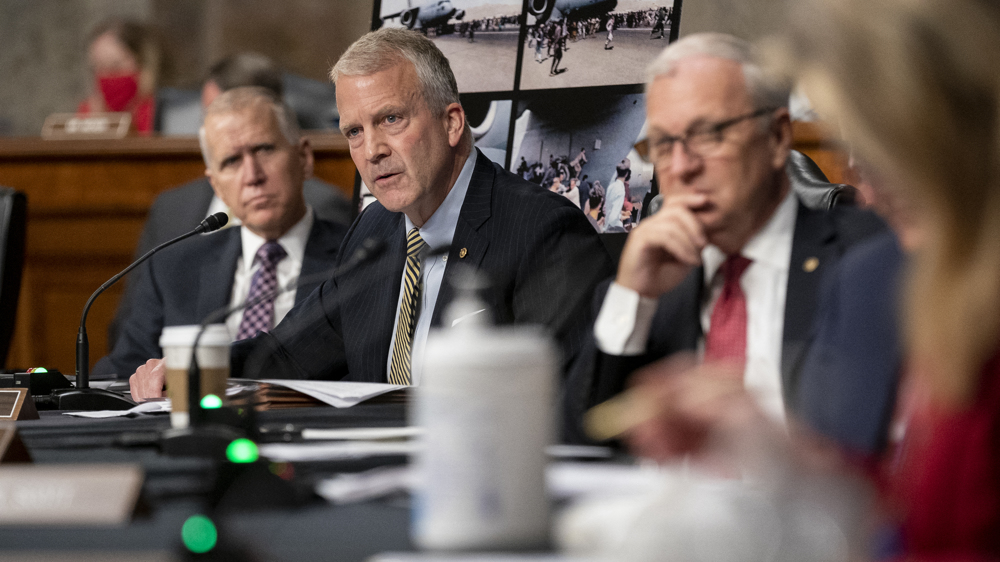
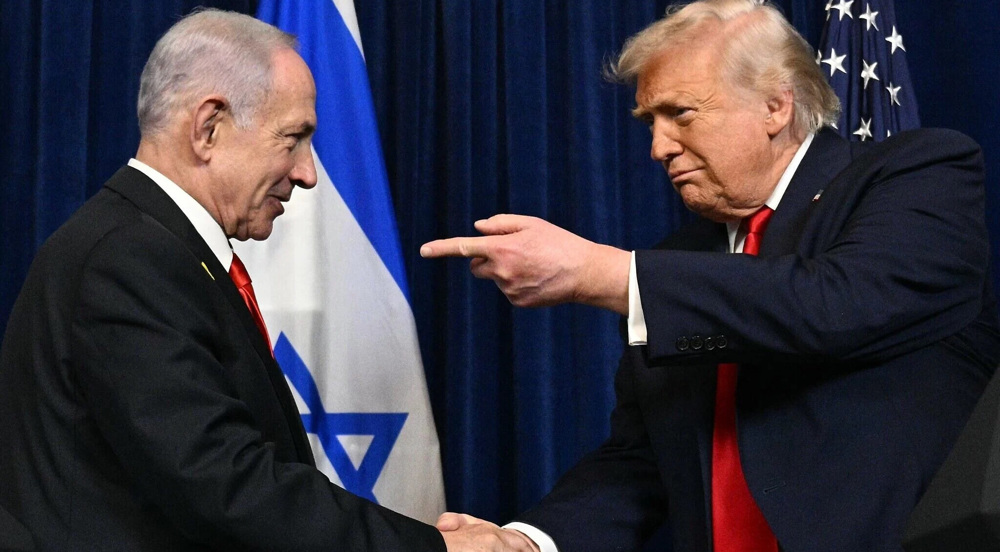
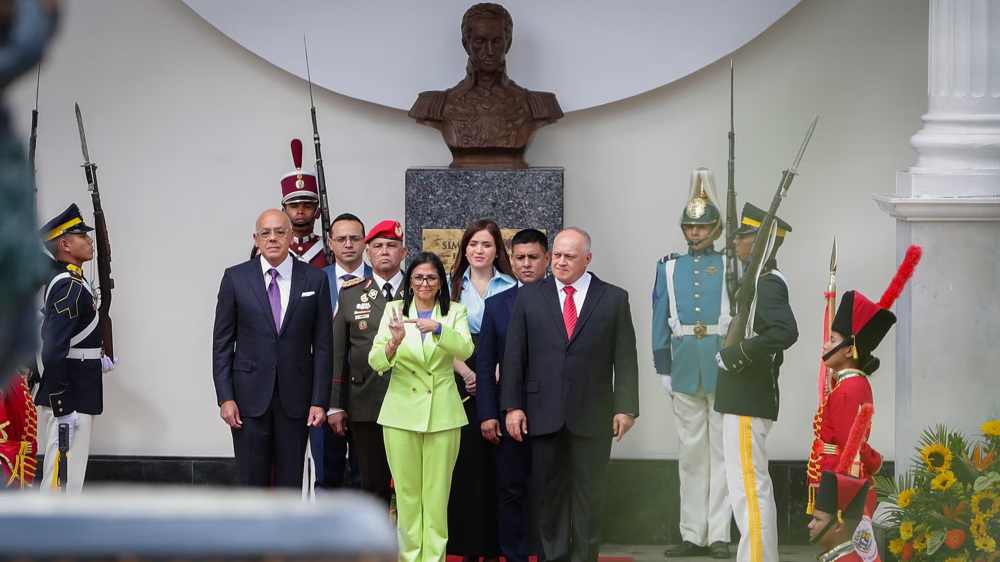
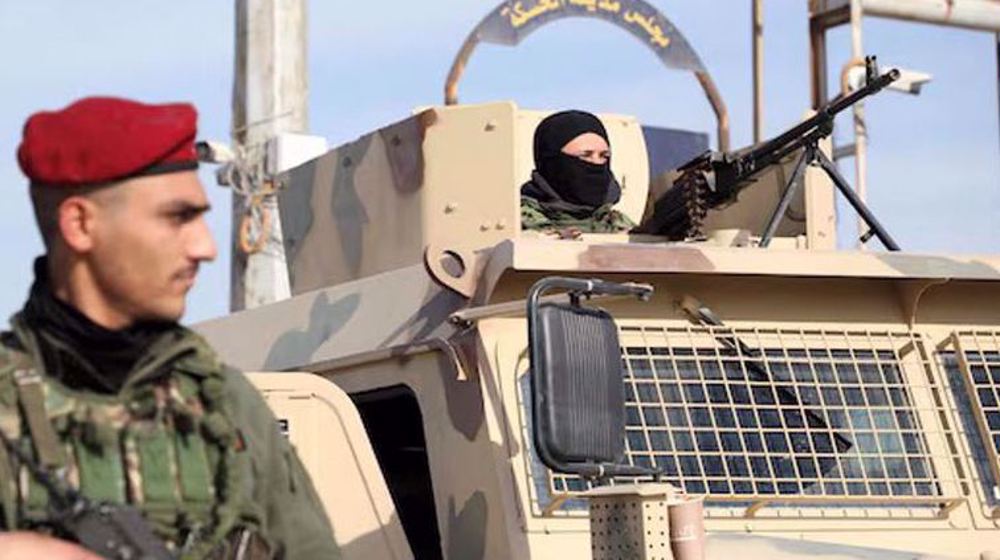




 This makes it easy to access the Press TV website
This makes it easy to access the Press TV website